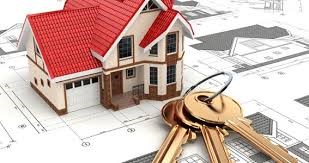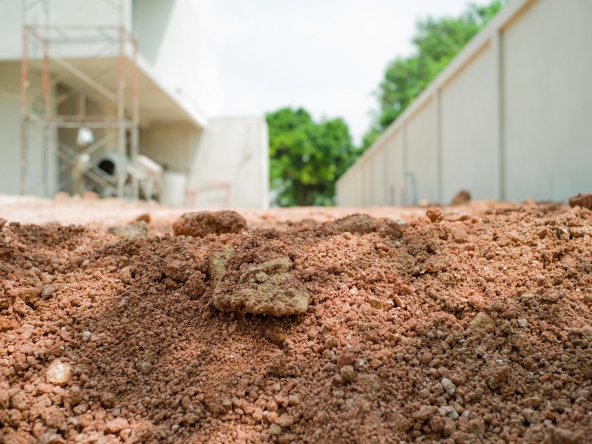Buying a house is one of the most significant financial and emotional investments a person can make in their lifetime. It’s a decision that can have far-reaching consequences, affecting your finances, lifestyle, and overall well-being. Therefore, before you take the plunge into homeownership, it’s essential to carefully consider several factors to ensure you make a choice that aligns with your goals and priorities. In this blog post, we’ll explore some of the critical factors you should weigh before buying a house.
- Financial Preparedness
First and foremost, assess your financial readiness for homeownership. Evaluate your budget, credit score, and current debt levels. Consider factors such as your down payment, closing costs, and ongoing monthly expenses like mortgage payments, property taxes, insurance, and maintenance costs. Make sure you have a stable source of income to cover these expenses comfortably.
- Location, Location, Location
The location of your future home is one of the most critical factors to consider. Think about your daily commute, proximity to schools, healthcare facilities, shopping centers, and public transportation. Consider the neighborhood’s safety, reputation, and overall vibe. Your chosen location will impact your quality of life and the property’s potential for appreciation.
- Home Type and Size
Determine the type of home that suits your needs and preferences. Are you looking for a single-family house, a condominium, a townhouse, or an apartment? Consider your current lifestyle and future plans when selecting the size and layout of your home. Think about the number of bedrooms and bathrooms, as well as any specific features or amenities you desire.
- Condition of the Property
Inspect the condition of the property carefully. A professional home inspection is highly recommended to uncover any hidden issues that might require costly repairs in the future. Look for signs of wear and tear, water damage, structural problems, and other issues that could affect the property’s value and your comfort.
- Affordability and Your Budget
It’s essential to determine how much house you can afford realistically. Your budget should not only cover the purchase price but also other associated costs, including property taxes, insurance, maintenance, and utilities. Strive to find a balance between your desired home and your financial capabilities to avoid becoming house-poor.
- Future Growth and Resale Value
Consider the potential for future growth and appreciation in the area where you plan to buy a house. Research local real estate market trends and speak with real estate professionals to get insights into the property’s resale value over time. Purchasing a home in an up-and-coming neighborhood can be a smart investment.
- Homeownership Costs
Beyond the mortgage, homeownership comes with ongoing costs. These include property taxes, homeowners’ association (HOA) fees, utility bills, maintenance, and repairs. Ensure that you can comfortably manage these expenses without compromising your financial stability.
- Long-Term Goals
Think about your long-term goals and how homeownership aligns with them. Are you planning to stay in the area for several years, or is this a short-term investment? Consider how your housing needs might change over time, such as accommodating a growing family or downsizing during retirement.
- Mortgage Options
Explore various mortgage options and interest rates to find the one that suits your financial situation best. Pre-approval for a mortgage can provide a clear picture of your borrowing capacity and help streamline the buying process.
- Emotional Factors
Lastly, consider the emotional aspects of homeownership. Do you feel a strong connection to the property and the neighborhood? Can you envision yourself living there and making it your home? These emotional factors are essential for your overall satisfaction and well-being as a homeowner.
Buying a house is a significant decision that involves careful consideration of various factors. Financial preparedness, location, property condition, affordability, future growth potential, and your long-term goals are all crucial elements to ponder. By thoroughly evaluating these factors, you can make an informed decision that not only aligns with your financial capabilities but also enhances your quality of life and future prospects as a homeowner.





